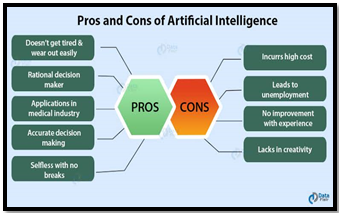NYT VS OPENAI, MICROSOFT: AI & COPYRIGHT CLASH
Why in the News?
- The New York Times (NYT) initiates legal action against OpenAI and Microsoft for alleged “unlawful” use of its copyrighted content.
- This lawsuit has broader implications for intellectual property (IP) rights in the era of generative AI platforms.
Source: DataFlair
NYT’s Accusations:
- Accuses OpenAI and Microsoft of using its content without compensation to develop rival products.
- Claims millions of articles were used to train chatbots that now compete for information reliability.
AI’s Challenge to Creativity:
- Raises debates on how generative AI platforms affect original content creators.
- Microsoft’s language models mimic NYT’s content, affecting reader trust and revenue.
AI and IP Rights Debate:
- Sparks debates on intellectual property rights regarding internet content.
- Industries like music resist AI-generated songs from scraped material.
- Urges global reevaluation of outdated copyright laws for AI adaptation.
India’s Copyright Conundrum:
- Stresses the need for India to update copyright laws for AI-generated content.
- The Copyright Act of 1957 lacks provisions addressing AI’s reliance on copyrighted datasets.
- Current definitions of “author” may not align with AI systems utilizing copyrighted data.
| Key Terms
1. Copyright: Copyright is a legal right that grants the creator exclusive control over the use of their original work, preventing others from reproducing, distributing, or displaying it without permission. 2. Intellectual Property Rights (IPR): Intellectual Property Rights encompass legal protections for creations of the mind, including patents, trademarks, and copyrights. These rights grant exclusive use or economic benefits to the creators or owners. |

 Source: DataFlair
Source: DataFlair

